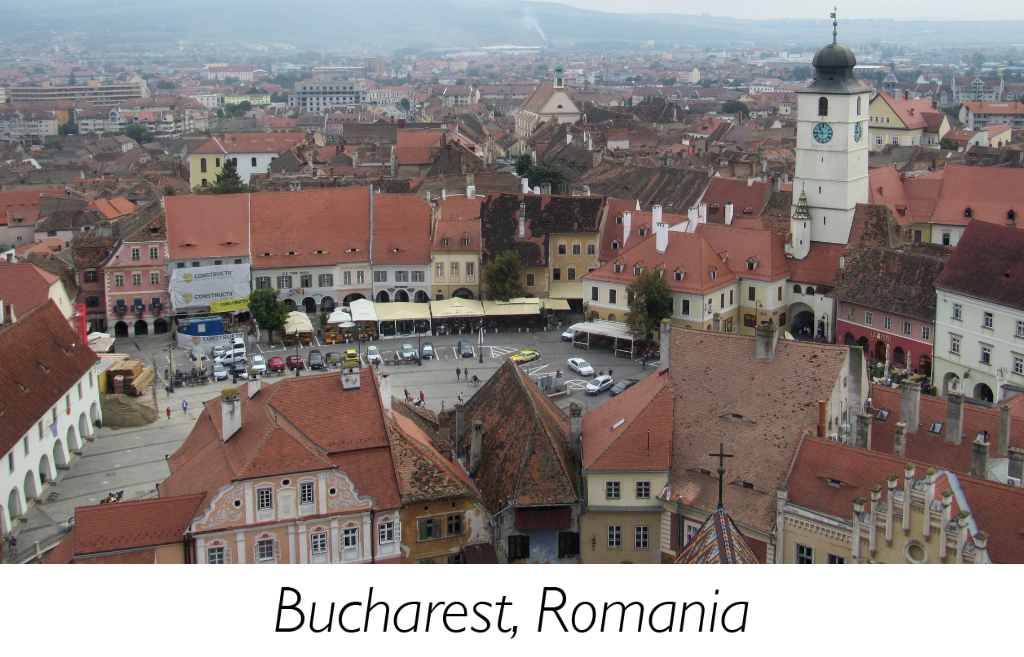Borrower Overview
TriLinc has provided financing to a family-owned bread manufacturer in the southeastern city of Tulcea, Romania. Founded in 1993 by the father of the current CEO and COO, the company operates both production and retail lines of baked goods. Due to its sustained success for two-generations, the company has established itself as Romania’s second largest producer of frozen bread and sixth largest producer of pretzels, and the largest producer of fresh bread and pastries in Tulcea. As the recipient of the European Economic Area (“EEA”) Grant, which was created through the partnership of Iceland, Liechtenstein, Norway, and the European Union to reduce economic and social disparities, the company is committed to waste reduction through incorporating recycling initiatives and reducing energy consumption through adopting green energy practices. To highlight a few best practices, the company has installed a 0.4 MWh solar panel park to meet 40% of the factory’s electrical needs, installed automated distribution flour silos at each of its production lines to directly transport bulk deliveries without the use of any packaging, and adopted a new process that consists of manually regulating the temperature of refrigerated products.
By financing the company’s related capital expenditures, TriLinc will support the completion of a new, fully-automated production line to more than double the company’s production capacity for frozen bread and pastries, support the addition of 50 new employees to operate the new production line, introduce new energy-efficient equipment to cut energy usage by 20%, and support a 1.25 MW solar PV farm that has the potential to supply surplus energy to nearby homes and businesses in need.
Market Overview

Romania is classified as an upper-middle income country by the World Bank.1 Between 2010 and 2017, GDP growth rates averaged approximately 2.8%.1 After the global financial crisis, Romania’s economic growth rebounded during 2013-2017, driven by strong industrial exports, excellent agricultural harvests, and expansionary fiscal policies. The country’s main exports are concentrated in machinery and equipment, other manufactured goods, agricultural products and foodstuffs, metals and metal products, chemicals, minerals and fuels, and raw materials.2 Conversely, the country’s main imports are focused in machinery and equipment, other manufactured goods, chemicals, agricultural products and foodstuffs, fuels and minerals, metals and metal products, and raw materials.2 Romania is the second largest frozen bread market within the Emerging Europe region, however the country remains a net importer due to the country’s rapid increase in domestic consumption and limited production capacity.
Romania meets TriLinc’s standards for its performance across relevant growth, stability, and access metrics.3 Ranked 14th for its ease of doing business in Europe and Central Asia by the World Bank,4 Romania is also the 20th largest economy in Europe and Central Asia with a GDP of $211.8 billion.5 In 2017, the country benefitted from an estimated $714.2 billion in net foreign direct investments that flowed into the region. 6 The Europe and Central Asia had a GDP growth rate of 2.6% in 2017, which is projected to increase to 3.1% by 2019.7
Additional Sustainability & Impact Highlights
- The company is an equal-opportunity employer that employs 233 employees, 62% of which are female. This percentage increases to 71% when looking at only managerial roles. A few of the senior positions held by females include Production Director, Retail Sales Director, Commercial Director, Chief Accountant, and Head of Supermarkets.
- To ensure safe bread production, the company has obtained the ISO 22000 Certification for its Food Safety Management System, ISO 9001 Certification for its Quality Management System, and the more stringent IFS Certification for Food Safety.
- The company utilizes R744 (CO2) as its cooling agent, a much greener alternative to Freon, as it has zero ozone depletion potential and only has a global warming potential of one, which is the best a gas can score.
- The company sponsors local sport activities, rain water draining/cleaning services for the local community, and in-kind (bakery products) donations based on specific requests and during the holiday season. In 2017, the company made 41 donations to NGOs, Churches, High Schools, Kindergartens, among other local initiatives.
1The World Bank, World Development Indicators Database, Romania, 2017. 2CIA, The World Factbook, 2017: Colombia. 3There is no assurance that our investment in this company or this market will be successful. 4The World Bank, Ease of Doing Business, Europe & Central Asia 2018. 5The World Bank, Data, Europe & Central Asia, 2017. 6The World Bank, Data, Europe & Central Asia, Net Foreign Investments, 2017. 7World Bank, Global Economic Prospects, 2018.
The above information is as of the initial date of investment: July 19, 2018.
An investment with TriLinc carries significant fees and charges that will have an impact on investment returns. Information regarding the terms of the investment is available by contacting TriLinc. This is a speculative security and, as such, involves a high degree of risk. Investments are not bank guaranteed, not FDIC insured and may lose value or total value. Some investments may have been made in an investment vehicle that is no longer open for investment. The highlighted investment may or may not have been profitable. There is no guarantee that future investments will be similar.
Want to learn more? Contact Us.
